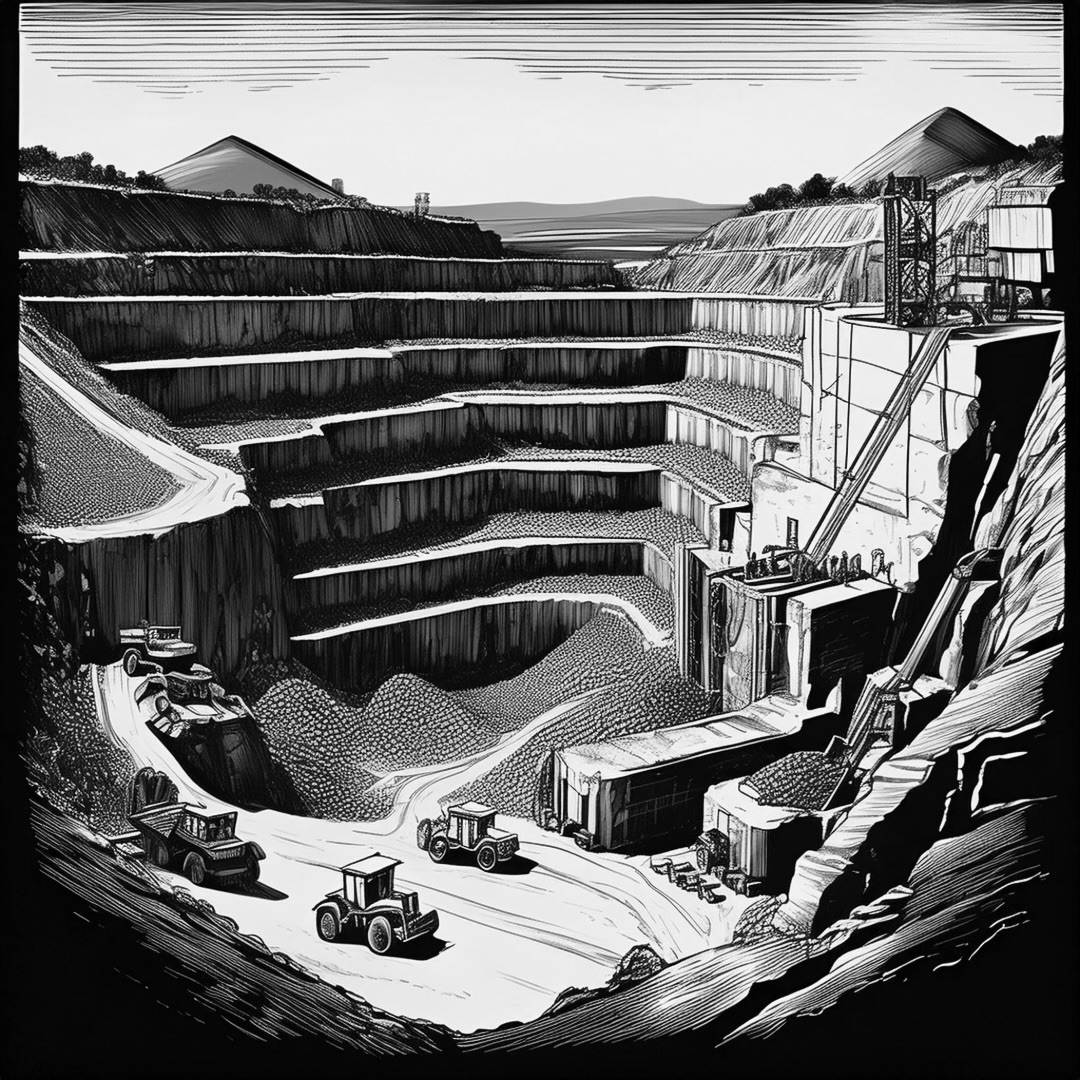BIRMINGHAM, Ala. — Vulcan Materials, a cornerstone of Birmingham’s industrial landscape, finds itself embroiled in a contentious dispute with the Mexican government over its operations in Quintana Roo. The Mexican authorities halted Vulcan’s limestone quarrying activities in 2022, citing environmental harm—a claim the Alabama-based company staunchly refutes.
The conflict underscores a complex narrative of environmental stewardship and international business ethics. Mexico, often criticized for its environmental policies, is now positioning itself as a protector of natural resources, challenging Vulcan’s assertions of compliance with Mexican law. President Andrés Manuel López Obrador has declared the area a protected natural reserve, aiming to transform it into a tourist destination with cruise ship facilities.
Vulcan, valuing its 6,000-acre property at $1.9 billion, rejected Mexico’s $385 million offer. The company argues that the seizure of its facilities and the proposed conversion for tourism violate the United States-Mexico-Canada Agreement (USMCA) and constitute an illegal expropriation. Vulcan has taken legal action to defend its rights, emphasizing its long-standing adherence to legal and environmental standards.
This dispute highlights broader tensions between U.S. companies and foreign governments over resource management and economic interests. Critics point to a perceived hypocrisy: while Americans often champion environmental causes, their businesses face scrutiny abroad for similar issues. The situation remains unresolved as Vulcan pursues arbitration, potentially impacting U.S.-Mexico trade relations.
As the legal battle unfolds, it serves as a reminder of the complexities inherent in balancing economic development with environmental conservation—an issue that transcends borders and challenges traditional narratives of corporate responsibility and national sovereignty.

